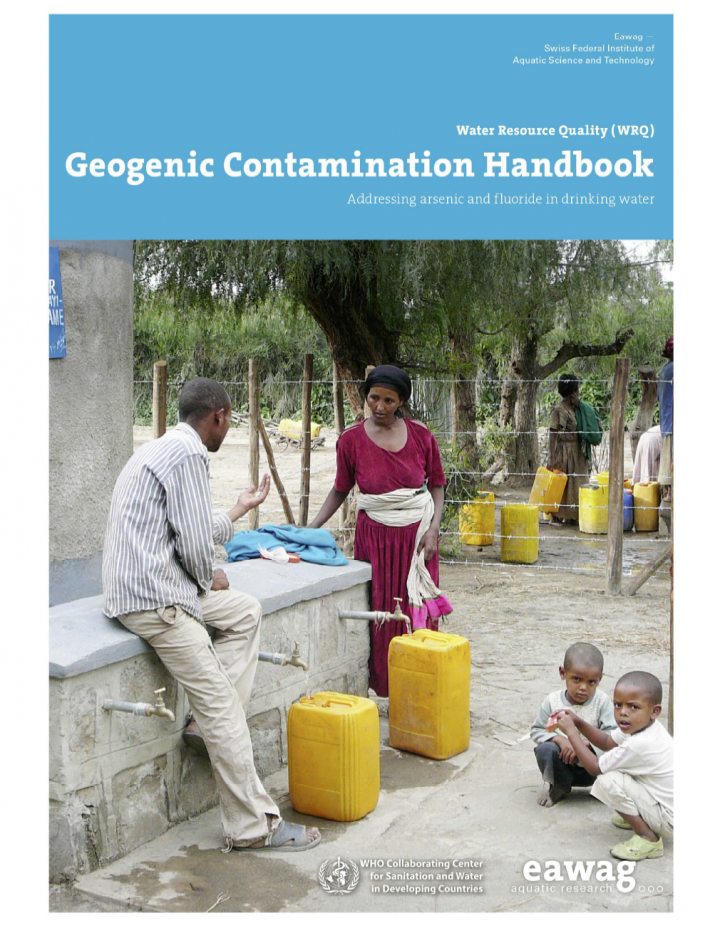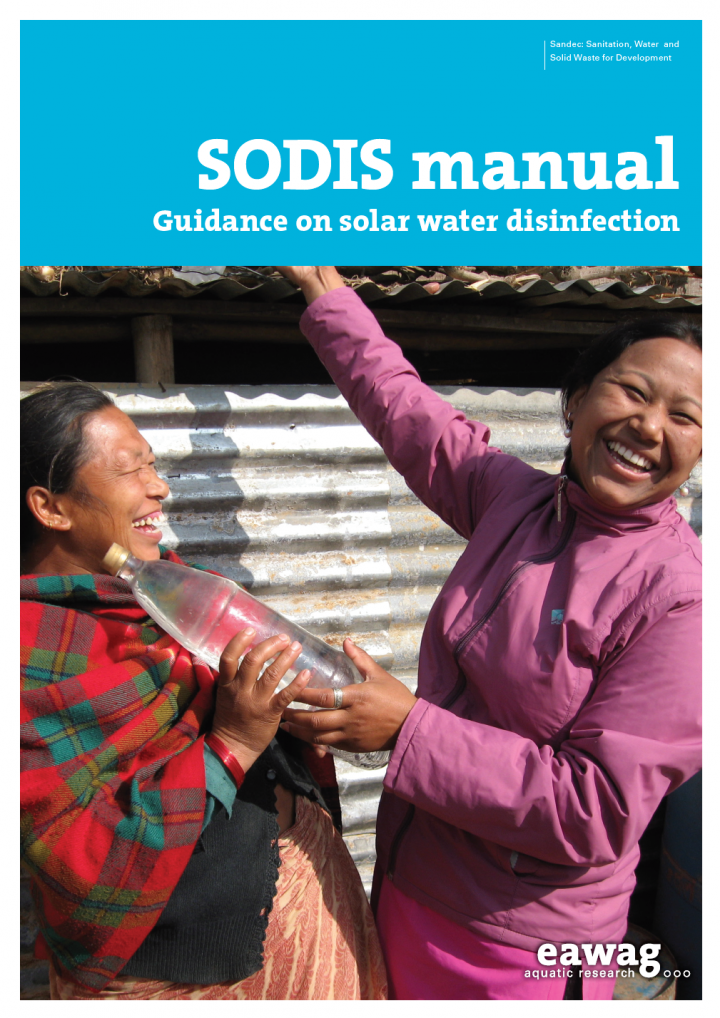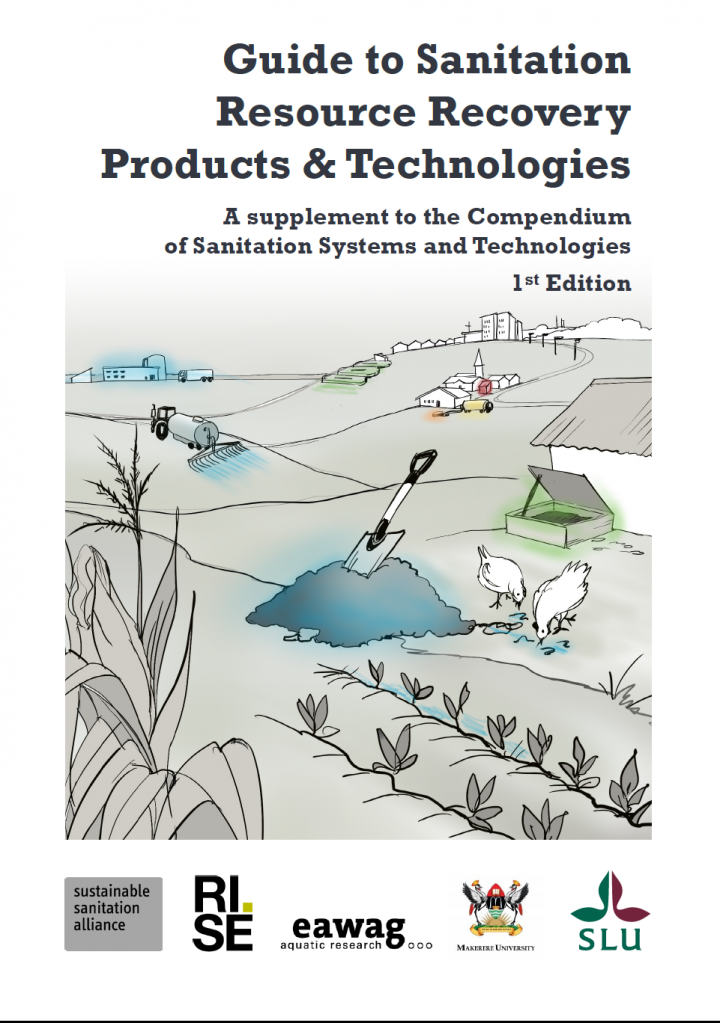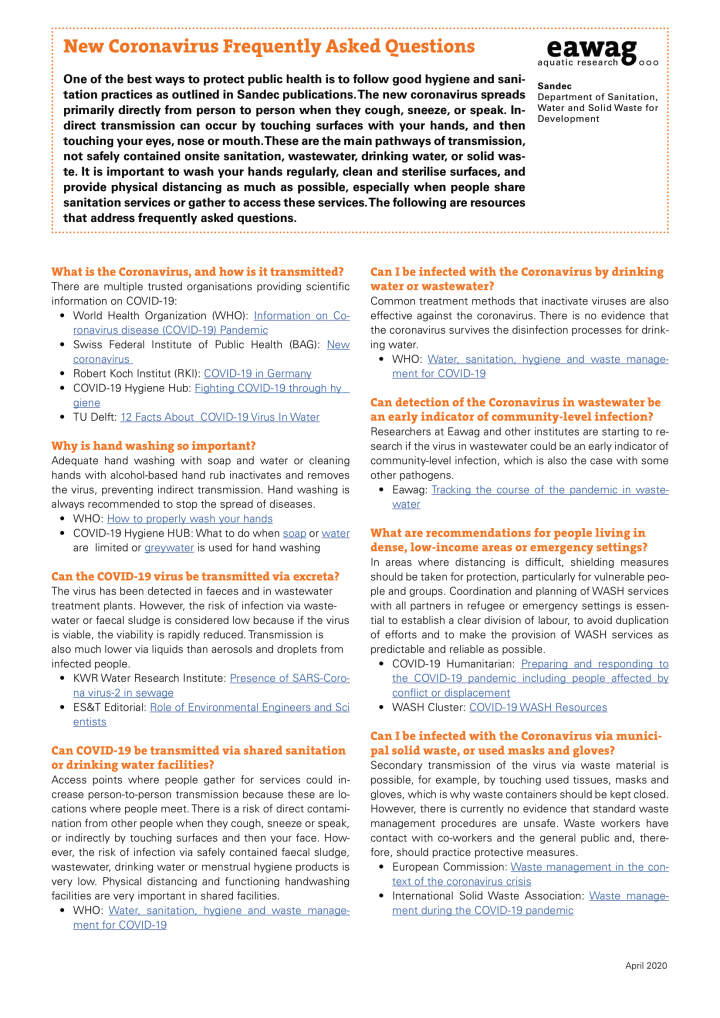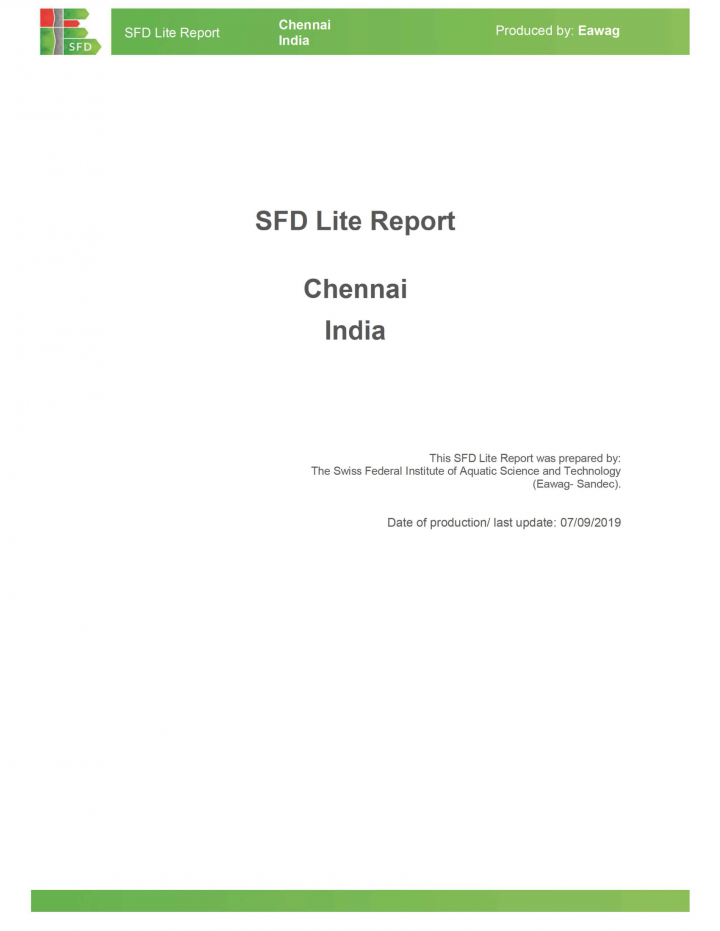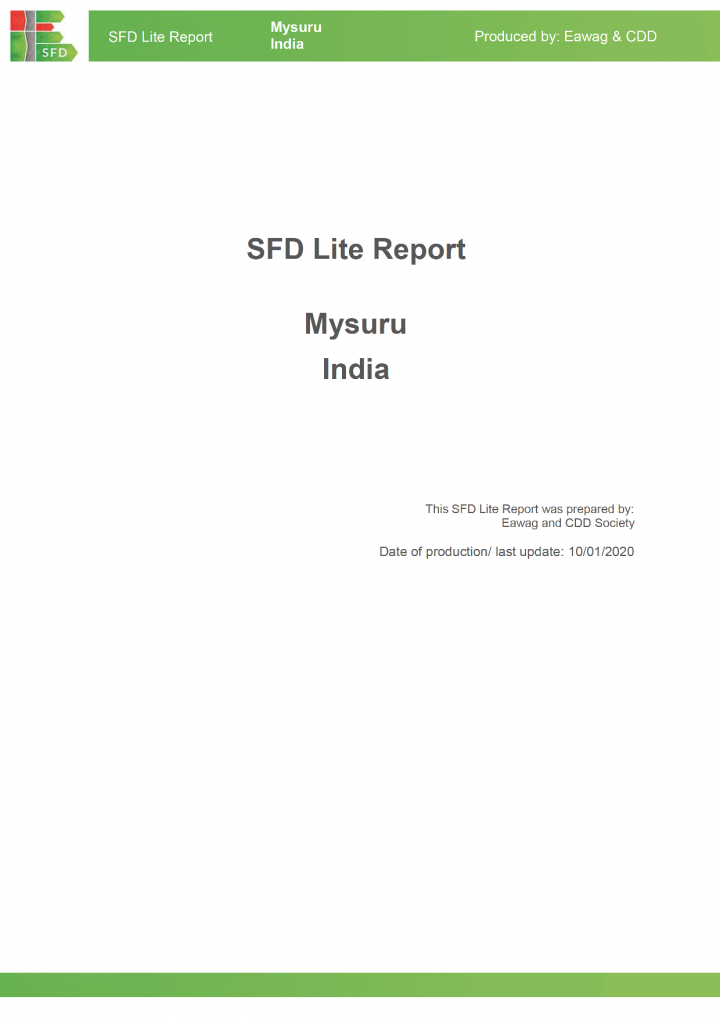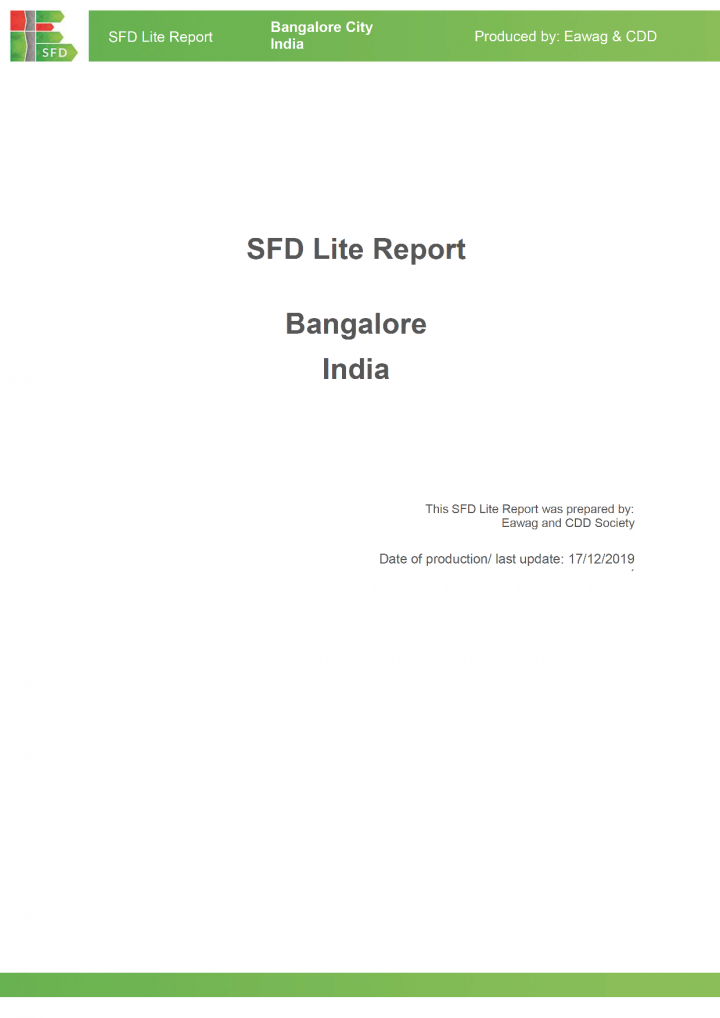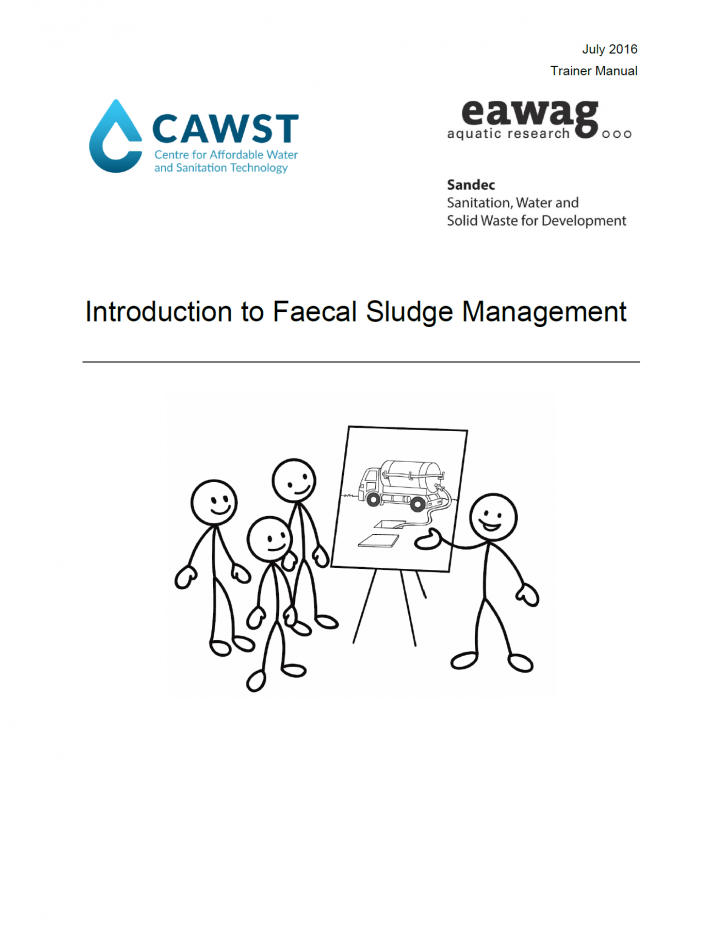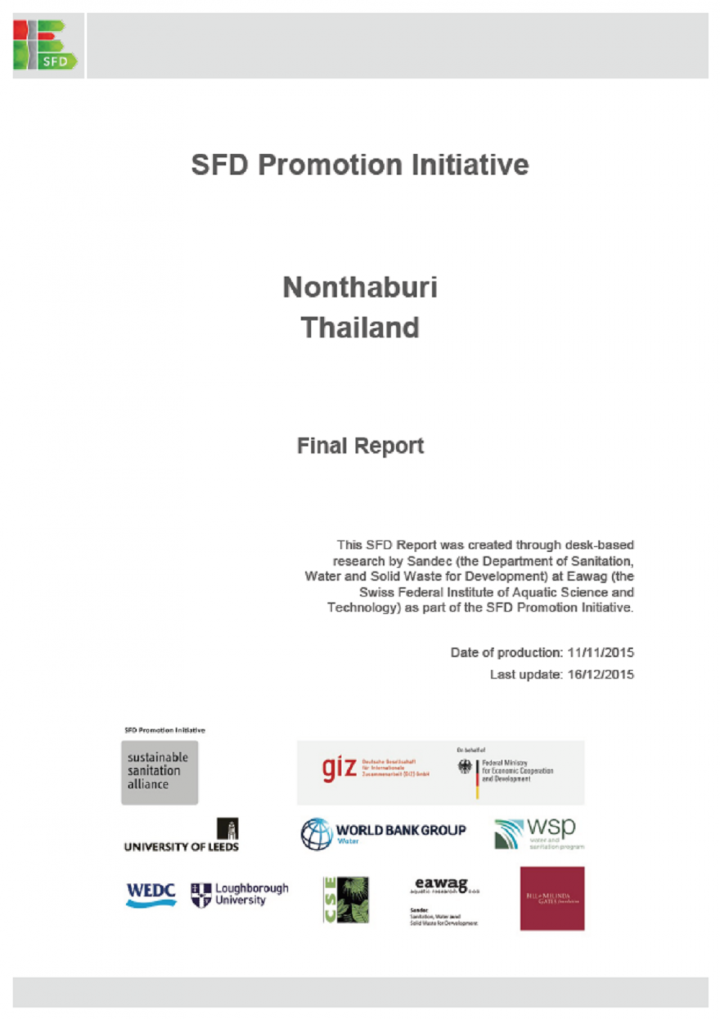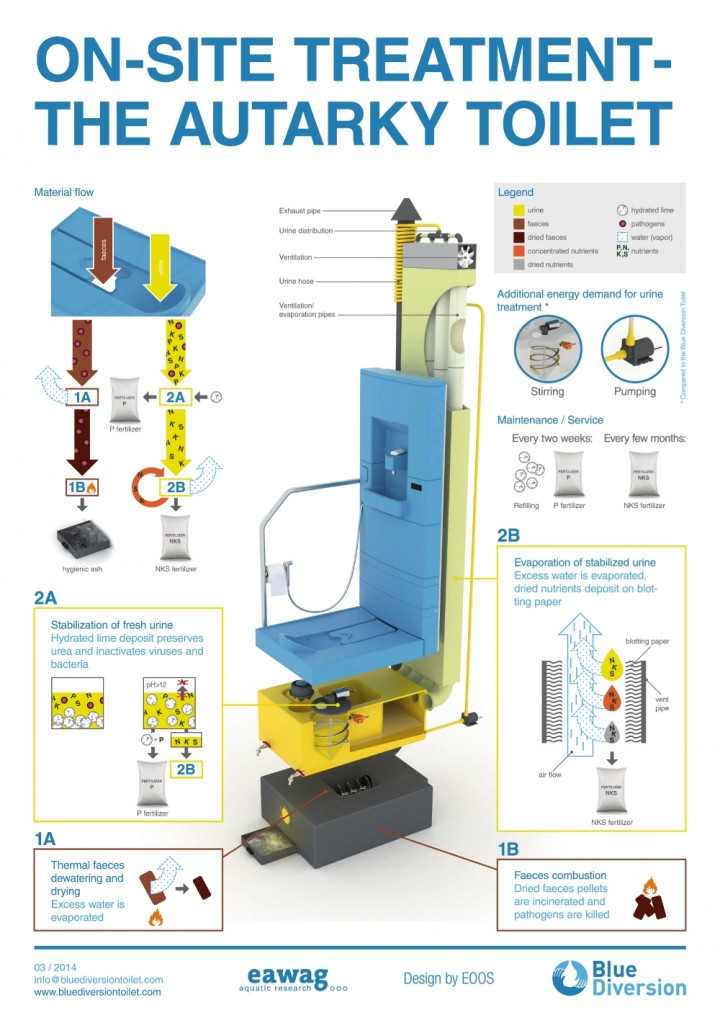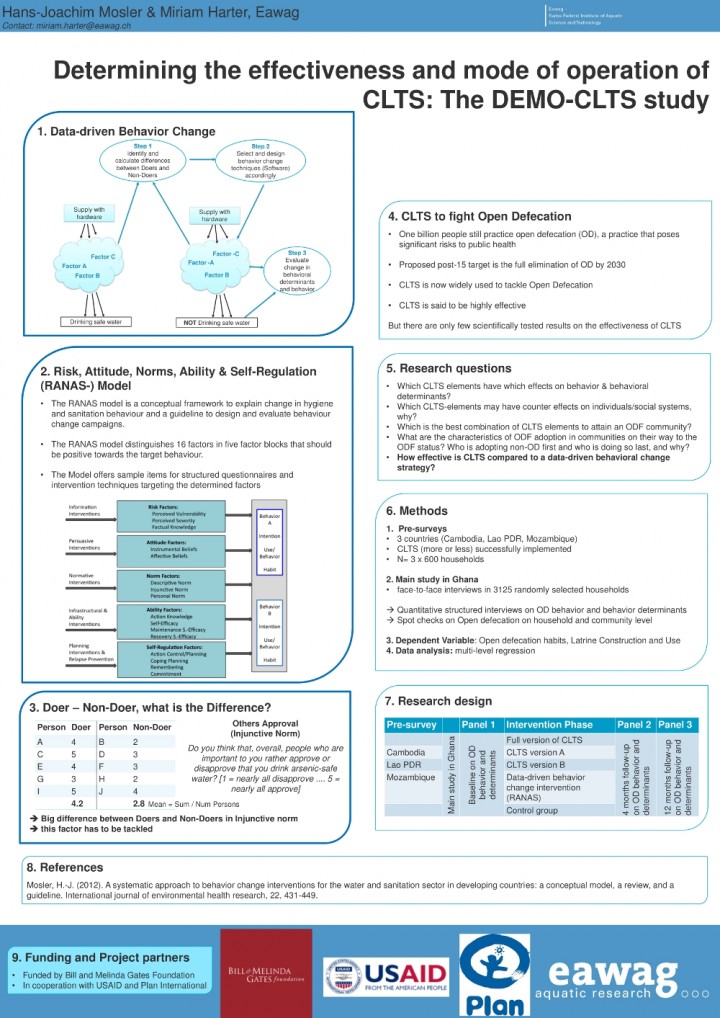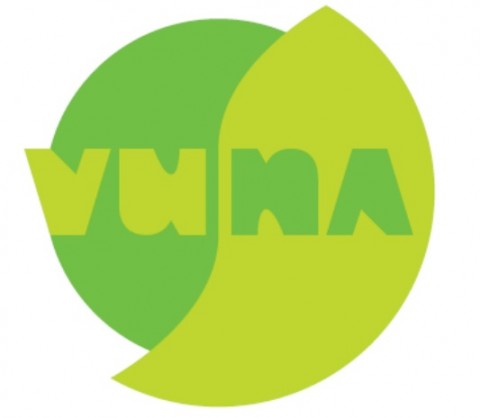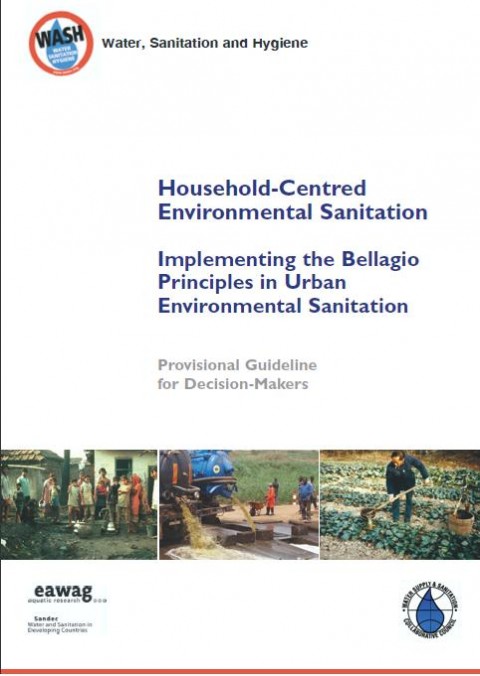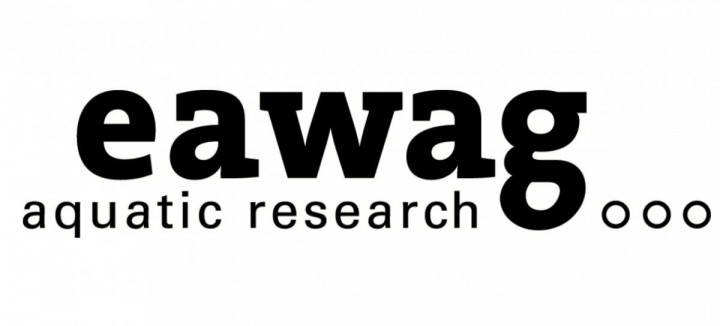
Eawag is a world-leading aquatic research institute. Its research, which is driven by the needs of society, provides the basis for innovative approaches and technologies in the water sector. Through close collaboration with experts from industry, government and professional associations, Eawag plays an important bridging role between theory and practice, allowing new scientific insights to be rapidly implemented.
Downloads
Information on external websites
Countries of activity
Location of projects and headquarters
Projects in SuSanA database: 12
2017 - 2019
EAWAG Phase 4 - Household Toilet
To develop a low power toilet system that is affordable, recycles water for flushing and handwashing, and allows collection of the nutrients
To develop a low power toilet system that is affordable, recycles water for flushing and handwashing, and allows collection of the nutrients in the waste stream for further use.
2012 - 2014
Projet Communautaire pour l'Accès à l'Eau (In French: Community project for access to water)
Testing of three types of ventilated dry toilet systems
Sandec managed the testing of three types of ventilated dry toilet systems which all have two chambers or vaults for the collection and degradation/dehydration of faecal matter and a soak pit for the infiltration of the liquid fraction of excreta as well as household greywater.
Project year: 2017
WASH in Emergencies
To support Swiss Humanitarian Aid on WASH in emergencies
Eawag/Sandec gives support to Swiss Humanitarian Aid on WASH in emergencies.
Project year: 2017
Rural sanitation for Tunisia - Programme Eau Kasserine
To ssist SDC in developing rural sanitation solutions for their Kasserine Water Programme
Assist SDC in developing rural sanitation solutions for their Kasserine Water Programme, focusing on onsite wastewater treatment and reuse.
2010 - 2015
ESRISS: Egyptian-Swiss Research on Innovations in Sustainable Sanitation
To develop decision-making tools and strategies for the scaling up of small-scale sanitation systems
ESRISS is a Swiss State Secretariat for Economic Affairs (SECO) funded research project at Sandec that dealt with the sanitation planning gap in Nile Delta villages which cannot be connected to large centralised treatment plants. The five-year research project (Mai 2010 - April 2015), in partnership with the Egyptian Holding Company for Water and …
2015 - 2018
Small-scale sanitation scaling up (4S)
The project seeks to provide sound empirical evidence for future small-scale sanitation sector investments in South Asia
Eawag/Sandec is partnering with the Indian Institute of Technology (Chennai) and BORDA, Germany to carry out the first systematic assessment of small-scale sanitation systems in South Asia funded by the Bill & Melinda Gates Foundation. The main goal of the project is to provide evidence-based policy recommendations for improved system design, …
2014 - 2016
WASH in the context of maternal health and menstrual hygiene
Finding out the specific needs of users, especially women, with regard to water, sanitation and hygiene service provisions in public health facilities in India and Uganda
Research Question: What are the specific needs of users, especially women, with regard to water, sanitation and hygiene service provisions in public health facilities in India and Uganda? Poor water, sanitation and hygiene service (WASH) provisions disproportionally affects women and girls due to biological and cultural factors. Inadequate, or …
2015 - 2020
Blue Diversion Autarky, a self-sustaining grid free toilet
Development of technologies and prototype reactors for the on-site treatment of source-separated urine, feces and polluted water from anal cleansing and handwashing.
“Blue Diversion AUTARKY” is the continuation of Eawag's RTTC project "Blue Diversion". The project developed technologies and prototype reactors for the on-site treatment of source-separated urine, feces and polluted water from anal cleansing and handwashing. Urine treatment: (more details on the treatment processes is provided in the …
2014 - 2018
Determining the effectiveness and mode of operation of Community Lead Total Sanitation (CLTS): The DEMO-CLTS study
The study’s overall goal is to improve the behavioral change strategies used to eliminate open defecation.
This study will reveal the effectiveness and mode of operation of the community-led total sanitation (CLTS) intervention to decrease the incidence of open defecation (OD). In particular, it will determine which elements of CLTS are highly efficient in decreasing OD, which elements have no effect, which hinder the decrease of OD, and which are the …
Project ongoing since: 2005
EAWAG Research Projects
Eawag is a world-leading, transdisciplinary working aquatic research institute. Fields of research in sanitation are excreta and wastewater management and strategic environmental sanitation planning.
Eawag is a world-leading aquatic research institute. Its research, which is driven by the needs of society, provides the basis for innovative approaches and technologies in the water sector. Through close collaboration with experts from industry, government and professional associations, Eawag plays an important bridging role between theory and …
2011 - 2014
Diversion for safe sanitation: Flushable urine-diverting dry toilet with on-site wash water recycling embedded in a concept of transport logistics and treatment
The squatting “diversion toilet” includes integrated wash water recovery for hand washing and toilet cleaning. It separates undiluted urine, dry feces and wash water. The used water passes ultrafiltration and is recycled for the same purposes.
The Swiss Federal Institute of Aquatic Science and Technology (Eawag) and industrial design company EOOS develop a urine-diverting dry toilet with the additional feature of an integrated wash water recovery that allows for the comfort of hand washing and toilet cleaning. The squatting “diversion toilet” pan separates three streams: undiluted …
2010 - 2015
VUNA - Promoting sanitation and nutrient recovery through urine separation (Valorisation of urine nutrients in Africa)
This project developed a system to collect source-separated urine and process it into fertiliser. Collection logistics, treatment technologies, and social and economic assessments of nutrient recovery were some of the activities.
By recovering nutrients from urine in small decentralised reactors, VUNA wants to develop a dry sanitation system, which is affordable for the poor, produces a valuable fertilizer, promotes entrepreneurship and reduces pollution of water resources. In this collaborative project, the Swiss Federal Institute of Aquatic Science and Technology …
Added to library: 14
Filter tags
East Asia & Pacific Europe & Central Asia Middle East & North Africa Sub-Saharan Africa University, education or research institution

Swiss Federal Institute for Aquatic Science and Technology
Ueberlandstrasse 133, Postfach 611
8600 Duebendorf
Switzerland
visit the website
Login for more
Projects: 12
Events:0
Added to library: 14
Partner since: 2010

